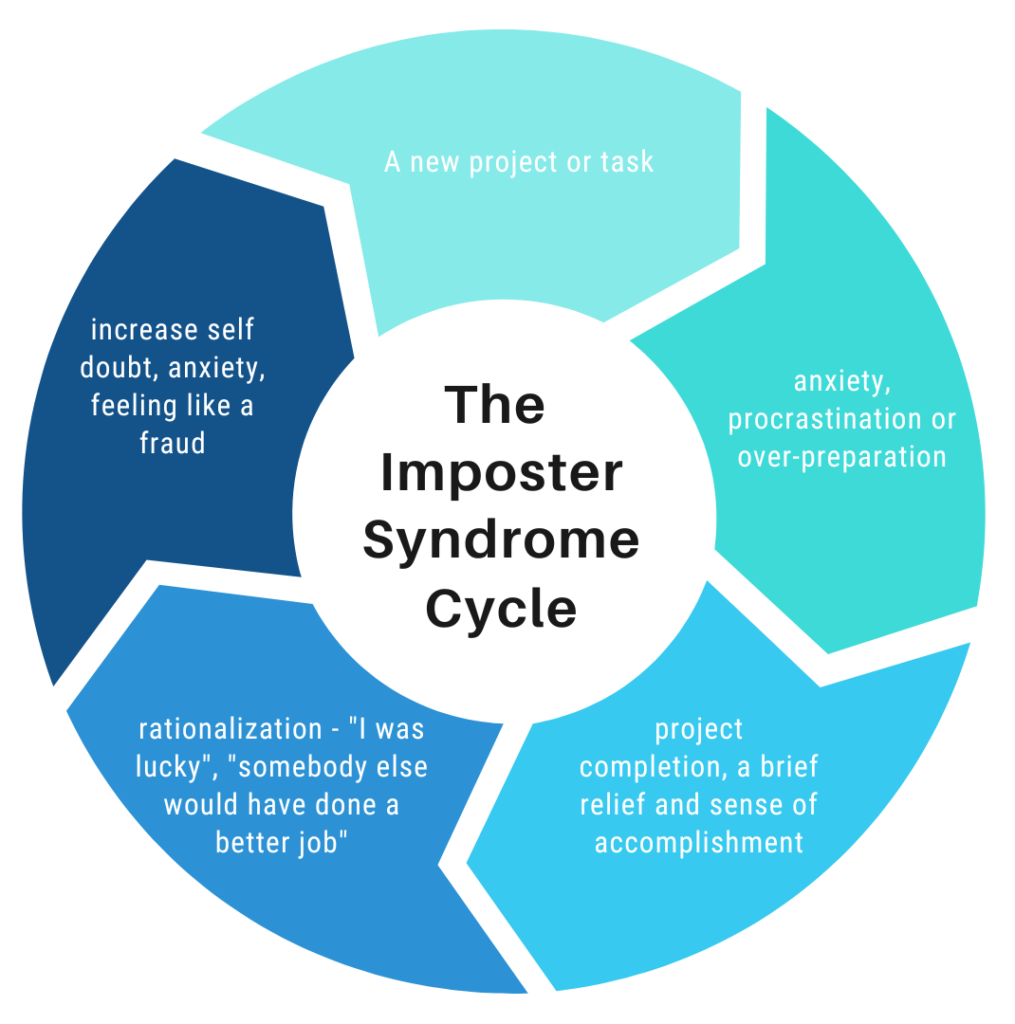
In today’s post, I just had to spill the tea on this sneaky lil’ problem that’s been haunting so many of us. I mean, seriously, even if we don’t wanna confess it, we’re low-key all going through it! Imposter Syndrome. You know, that feeling where you think you’re a complete fraud and everyone is just moments away from realizing it? Ugh, right?
The Pros: Yeah, You Heard Right.
1. Keeps You On Your Toes
Ever noticed that nagging feeling inside that pushes you to work harder and be better? Surprisingly, imposter syndrome can be the very thing that drives you to keep up with your peers, learn new things, and excel in your academics. It can be an excellent motivator to become the best version of you! Sounds weirdly beneficial, huh?
2. A Sign of Humility
You know that one person in class who acts like they know everything? No one wants to be that person. Imposter syndrome might remind you that there’s always room for improvement, helping you maintain a humble and grounded approach. Who would’ve thought?
3. Empathy-Boosting Power
Feeling like an imposter can make you more empathetic towards others who might be going through the same thing. You’ll be more likely to lend a helping hand or a listening ear when someone is struggling, creating a supportive environment. Win-win, am I right?
The Cons: When Imposter Syndrome Goes Rogue
1. Paralyzing Self-Doubt
Too much of anything can be bad. Imposter syndrome can cause an overwhelming amount of self-doubt and make you question every little thing you do. This can lead to procrastination, overthinking, and underperformance. Not fun, my friend.
2. Dampens Your Self-Worth
Imposter syndrome might make you believe that you’re not good enough, or that your achievements are simply a result of luck. This can seriously damage your self-esteem, making it difficult to celebrate your successes or take pride in your accomplishments.
3. Stresses You the Heck Out
Let’s be real, college is already pretty stressful. Adding imposter syndrome to the mix can make it feel like you’re carrying a hundred-pound backpack all day long. It can lead to anxiety, depression, and burnout. Yikes!
How to Tame the Imposter Syndrome Beast
Now that we’ve looked at the good, the bad, and the ugly, here are a few tips to help you manage that pesky imposter syndrome:
- Acknowledge it: Recognize that it’s only imposter syndrome talking, not the truth!
- Talk about it: Share your feelings with friends, professors, or counselors. Chances are, they’ve felt the same way.
- Embrace the process: Understand that learning and growing come with mistakes and setbacks. It’s all part of the journey.

What Do You Think?
So there you have it. Imposter syndrome can be both a blessing and a curse. It’s all about finding that sweet spot where it pushes you to be better, without dragging you down into a spiral of self-doubt.
What are your thoughts on imposter syndrome in college? Have you found any ways to cope with it or even turn it into a positive force? Leave a comment below!
















